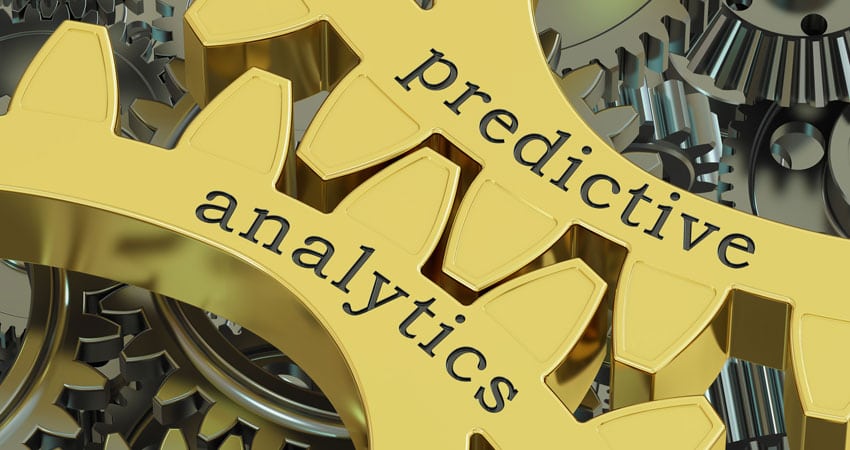On those days when the weather is terrible, or you’re sick and stuck in bed, and you drag out your laptop to do some online shopping, there are people watching you. Or rather, there are computers watching you. Databases are gathering every click of a product and every word entered into the search engine of the website, all to present you with a plethora of their products to buy without doing any searches.
For the buyer and the retailer these monitoring techniques are often seen as both a benefit and a curse. But as buyers venture into the future of online retail and ecommerce, these techniques are ultimately what is keeping these businesses alive.
Predictive analytics is increasingly being used to improve businesses and fine-tune marketing strategies by forecasting which products are most likely to be purchased by which customers, while also influencing buying behavior. It’s the power behind the suggestions of other items you may like when browsing or shopping online. Think of this as a virtual sales associate.
This technology is becoming more advanced as buyer behavior shifts towards more elaborate research on a variety of platforms prior to purchasing, especially mobile. Efficiency within the buying process is increasingly vital, along with the predictability of consumer behavior and buying decisions. Being in sync with customers enables ecommerce companies to essentially streamline the journey and determine the most likely moment when a browser becomes a buyer. The more accurate their predictions, the greater the likelihood that shopper will return.
The ability to predict a customer’s next purchase is also tied into how well a company knows her. Each customer is different, even if they sometimes share the same buying patterns. The most effective predictive strategy is one that is effectively linked with a long-term appreciation and relationship for each consumer. Such an approach will prove the most effective in the long term and the most fruitful in terms of anticipating buying patterns.
Forecasting customer buying behavior is possible by creating a statistical model using predictive analytics, along with complex mathematical equations and algorithms drawing on huge stores of customer data. Once this statistical model is complete – using such variables as past purchases, personal income and buying frequency – predictive buying patterns can be generated. Each variable can be essentially ranked by how leads to the ultimate goal of predicting consumer purchasing patterns.
Predictive analytics can certainly be a competitive advantage for online retailers. In the first instance, promotions and predictive search features can be enhanced. The most effective promotions can be determined in real time using a customer’s buying and browsing history, including of course promotions that have worked well in the past. Intelligent predictive search functions utilize machine learning to analyze data and past search patterns to determine appropriate product matches. Pricing and supply chain management can also utilize data analysis and predictive analytics to efficiently match specific product pricing to buying history, while consumer demand can be effectively monitored in order to optimize inventory management.
Predicting customer buying depends a great deal on the amount and type of data that can be collected from their previous visits to the ecommerce site. Past behavior can be extremely significant when predicting a customer’s next purchase. By focusing on clusters of customers, the differences between them can be identified, which in turn could help in identifying purchasing patterns.
Being able to predict a consumer’s possible spending patterns concerning specific products allows a company to anticipate and estimate a variety of business elements, such as future sales, inventory management and income slumps. All of this can determine a company’s future and its ability to survive the dynamic shifts in the online retail space.
Smadar Landau is the founder and CEO of Feelter

